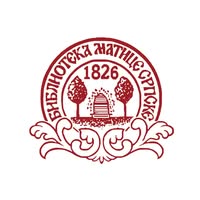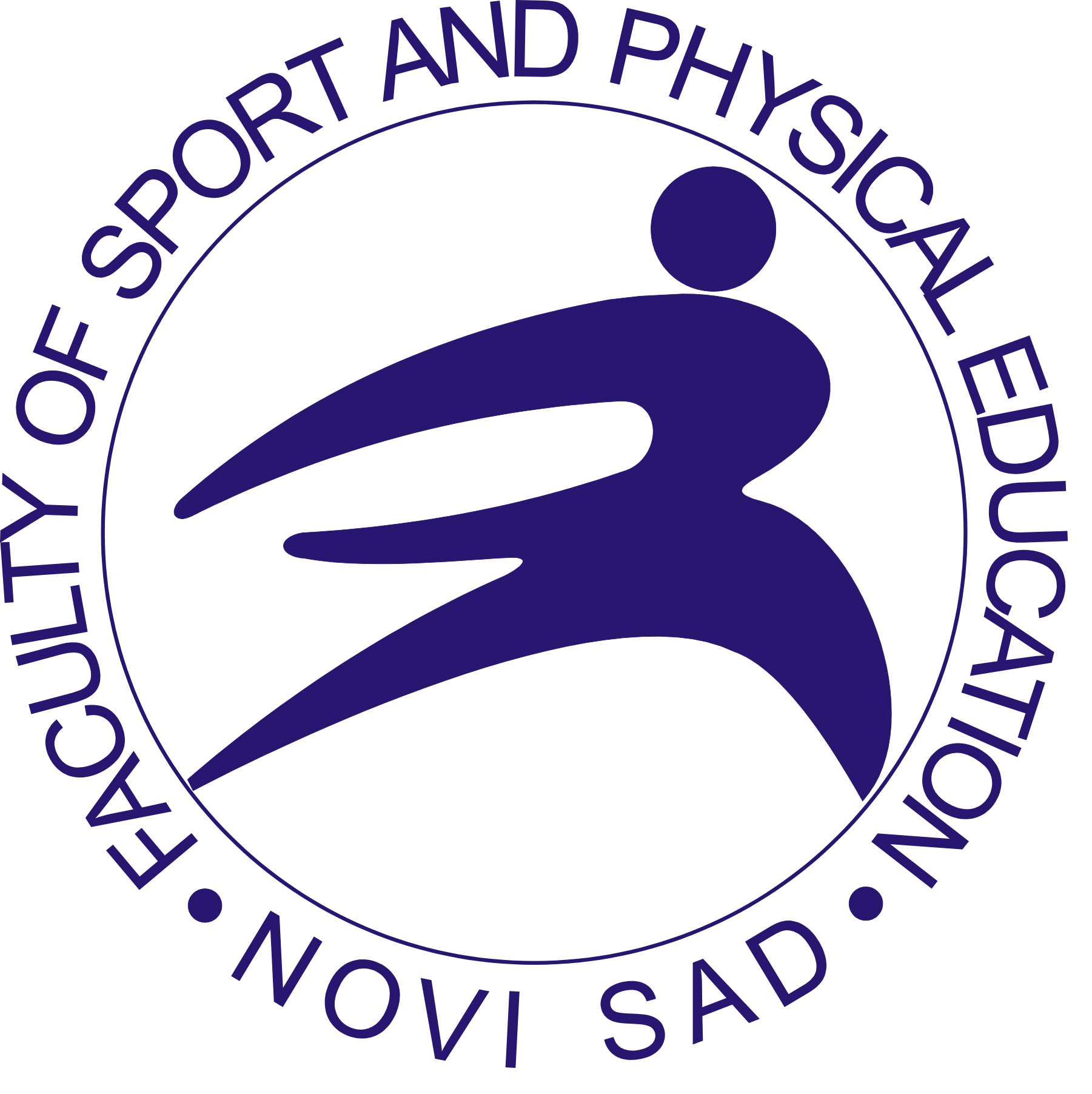
More articles from Volume 2, Issue 2, 2010
PSYCHOLOGICAL NEEDS AS DETERMINANTS OF ENGAGEMENT IN SPORTS TOURISM
EMPLOYED WOMEN WHO GO IN FOR SPORTS - SATISFACTION WITH ONESELF, ONE'S FAMILY, ONE'S JOB, ONE'S SOCIAL LIFE AND GENERAL LIFE SATISFACTION
POSITIVE PSYCHOLOGY AND POSITIVE ORIENTATION
The preparation of the proposal of National programme for sport in Slovenia for the next decade
TOWARDS SUSTAINABLE DIDACTICS
Citations

1

Radenko M. Matić, Nikola Todorović, Ivana M. Milovanović, Valdemar Štajer, Brigita Banjac, Stevo Popović, Marko Manojlović
(2024)
Sports event quality and athlete’s behavioural intentions at the World Wrestling Championship
Management & Marketing, 19(3)
10.2478/mmcks-2024-0019PSYCHOLOGICAL NEEDS AS DETERMINANTS OF ENGAGEMENT IN SPORTS TOURISM
Department of Physical Education and Sports Science, Democritus University of Thrace , Komotini , Greece
Department of Physical Education and Sports Science, Democritus University of Thrace , Komotini , Greece
Department of Physical Education and Sports Science, Democritus University of Thrace , Komotini , Greece
Department of Physical Education and Sports Science, Democritus University of Thrace , Komotini , Greece
Abstract
This paper examines the human needs that predict the preference of sports tourism in Greece; explores the tourist typology and emphasise at sport tourist roles. The sample was 269 sports tourists who visited Greece in summer. The questionnaire is based on the ìTourist Roles Preference Scaleî of Gibson and Yiannakis (2002), and was translated in Greek, German and Russian. This survey suggests promoting sports tourism especially to women and also to create and promote sports events for ages over 40, because there is a lack of participation in those groups and a lack of events that match to these ages and gender. Furthermore, this exploratory research has revealed that in the future tourist behaviour is suggested to be described by only 8 tourist roles.
Keywords
References
Citation
Copyright

This work is licensed under a Creative Commons Attribution-NonCommercial-ShareAlike 4.0 International License.
Article metrics
The statements, opinions and data contained in the journal are solely those of the individual authors and contributors and not of the publisher and the editor(s). We stay neutral with regard to jurisdictional claims in published maps and institutional affiliations.
























